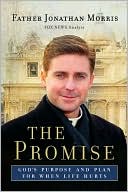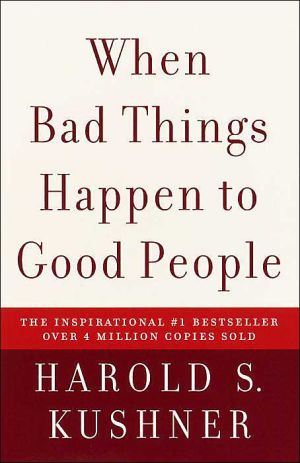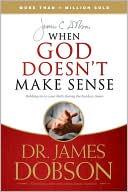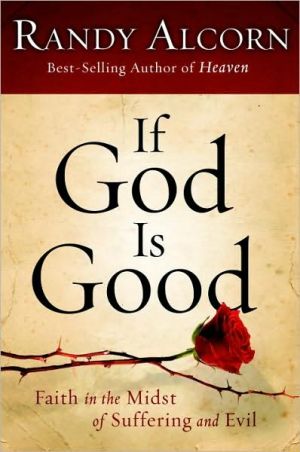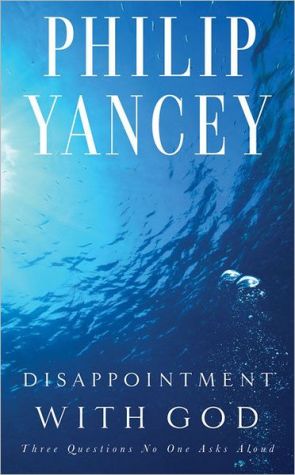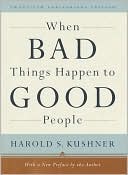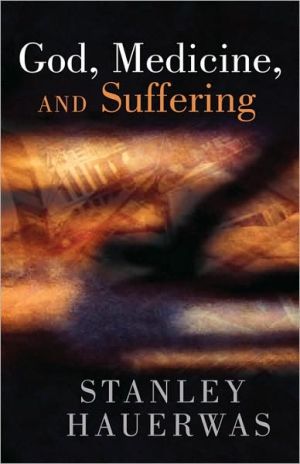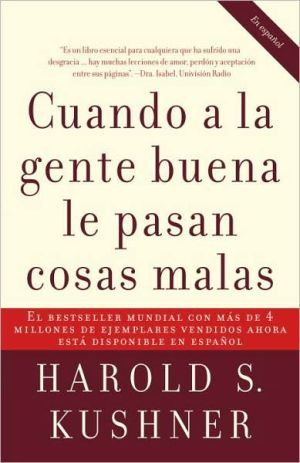Promise: God's Purpose and Plan for When Life Hurts
Search in google:
In his work as a priest and commentator for FOX News, Father Jonathan Morris has traveled to the troubled spots of the world, meeting with Muslim youth during the rioting in Paris, sitting down with populists at odds with the Church in Venezuela, and investigating human trafficking in Germany. Now Father Jonathan peels back the layers of questions that arise when someone asks, "Why me?" in response to human suffering. With an accessible voice and calming pastoral guidance, Father Jonathan leads readers through each step of suffering---from doubt and anger to healing and acceptance. The Promise comprises three parts, each addressing a step in the process of healing. Part 1, "God on Trial," speaks to doubts and anger that arise when we suffer and poses tough questions such as "Does God even care?" and "Why should we trust a God who allows innocent suffering?" Part 2 takes the reader on a journey of finding emotional and spiritual healing from suffering. In part 3 Father Jonathan introduces the five "Principles for Freedom-Living." From living your personal vocation to a step-by-step guide for sketching a plan for your spiritual life, the freedom principles are practical and easily applied to everyday life. Together these five principles have the power to transform what would otherwise be useless suffering into a means of great sanctification and personal fulfillment. While pulling back the layers of philosophy and theology that surround human suffering, Father Jonathan offers not only a deeply spiritual answer but also a practical one to this most fundamental of human questions: Why do we suffer? The Promise not only addresses how to understand and live with suffering, but also poses the toughest question regarding our relationship to God: Why do we suffer under a benevolent God? Father Jonathan delves into how we can heal from the spiritual, emotional, and even physical scars left behind by suffering. The Promise offers five principles for living a free life, or a life free of the fear that God is not there for us, and offers comfort and hope to those experiencing hard times. Publishers Weekly Morris, a Roman Catholic priest and Fox News analyst, draws from his religious tradition as well as his experiences in the world of media to present understandable and genuine advice for those who suffer-in other words, everyone. The "promise" of the title is God's promise to bring something better out of suffering. For some, this may oversimplify the matter, but for others it will provide a glimmer of hope. One of the most useful chapters addresses the various images of God that people hold-all of which are incomplete, and some of which can be seen as spiritually harmful. The author describes these images accurately, ties them in with how people who maintain those images view suffering and uses real-life examples he has encountered in his ministry. The theodicy question (why does a loving God allow suffering?) will always present a quandary to believers of all stripes. Morris is successful in making the claim that it is possible to sustain one's faith in the midst of what is sometimes a cruel world. (Apr.)Copyright © Reed Business Information, a division of Reed Elsevier Inc. All rights reserved.
Introduction 1God on TrialDo You Even Care, God? 9Reasonable Faith? 19Someone Like God 27In God We Trust? 37Revealed in Suffering 49In Court 61Emotional and Spiritual HealingHow Do You Hurt? 83Heart Damage 103The Father of Lies 115Sourcing the Suffering 127Principles for Freedom-LivingMaking a Fundamental Option for Holiness 143Living My Personal Vocation 151Uniting My Suffering to His, for Others 161Being the Hands and Feet of Christ 173Sketching a Plan for the Spiritual Life 197Court of Appeals 209Earthquakes and Tsunamis: Is God Responsible? 217Moral Evil, the Wicked Kind: And the Painful, Logical Consequences of Misused Freedom 225
